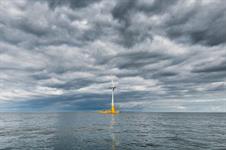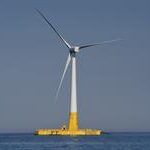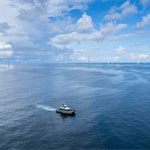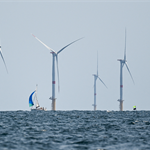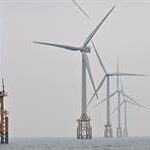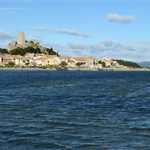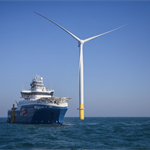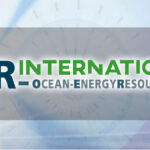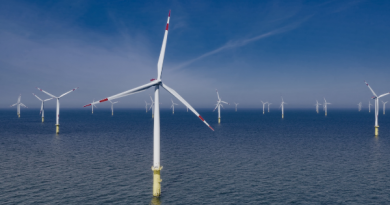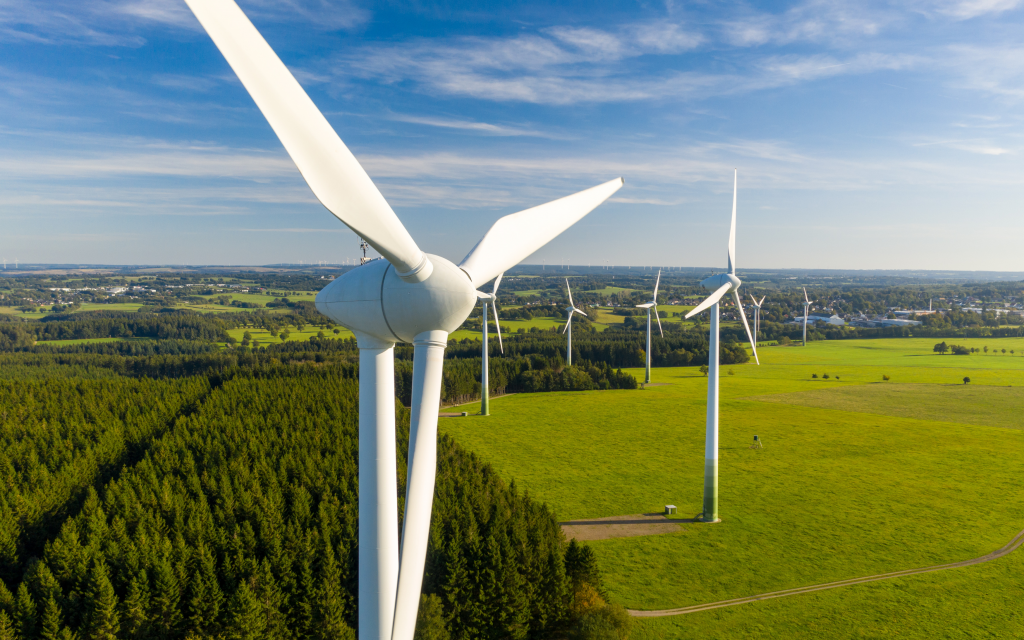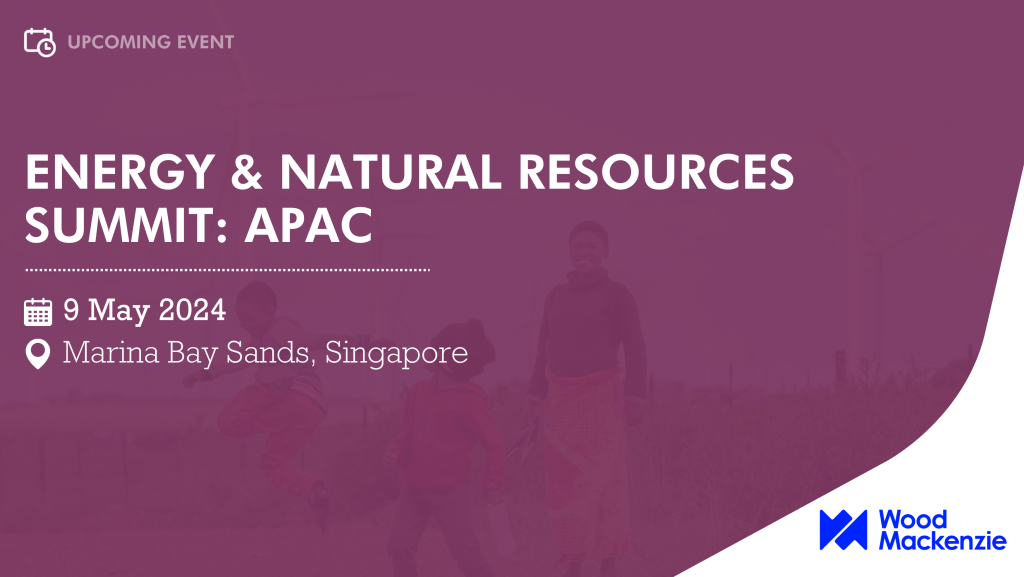France names 13 bidders for 500MW floating offshore wind tender
Energy Disrupter
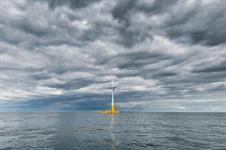
The projects in the Gulf of Lion are due to go into operation in 2030, according to the ministry for energy transition. The wind farms may each be expanded to 750MW in a later phase.
The procurement was kicked off with a call for tenders in March 2022.
The 13 consortia will now enter a “competitive dialogue” with the state around specific site requirements and the environmental and territorial development issues raised during a public debate. The ‘dialogue’ is due to last until the end of 2022.
The winning consortia are due to be announced in Q3 2023.
The consortia are:
- Floating specialist BlueFloat Energy, Japanese conglomerate Sumitomo Corporation and French developer Akuo Energy;
- Eolienne Occitanie Grand Large and Eolienne Méditerranée Grand Large, project companies formed by French utility EDF Renewables and Maple Power (itself a joint venture of pipeline company Enbridge and the Canada Pension Plan Investment Board);
- BayWa and Elicio, renewables companies based in the UK and Ireland and Belgium, respectively;
- Océole, a partnership of Norwegian energy giant Equinor, new renewable energy company QEnergy France and financial advisors Green Giraffe;
- Spanish utility Iberdrola;
- Ocean Winds, an offshore wind joint venture of Engie and EDP Renewables;
- RWE Renewables France and floating wind installation firm Bourbon Subsea Services;
- Les Moulins du Leonis, a joint venture of oil major Shell and German utility EnBW;
- A consortium led by a French subsidiary of German renewables developer Wpd, which elsewhere has joined with Vattenfall and Bluefloat Energy as Triskéol;
- Marine Energy Archipelago, comprising independent power producer Qair, oil giant TotalEnergies and Corio Generation, a standalone renewables developer created by Macquarie’s Green Investment Group;
- Swedish utility Vattenfall;
- Spanish engineering company Cobra Installations and Services;
- and Italian energy giant Eni’s renewables and power retail unit Eni Plenitude (previously Eni Power and Light).
Christophe Béchu, minister for the ecological transition and territorial cohesion, said: “This type of operation is the model and the incubator for the offshore wind farms of tomorrow, which we need to complete our energy mix and meet the objectives of the multi-annual energy program while respecting our environmental requirements.”
Earlier this year, President Emmanuel Macron outlined plans for France to create 40GW of offshore capacity from 50 wind farms by 2050.
To meet this target while maintaining the highest environmental standards, industry body France Energie Eolienne believes the government should launch a spatial planning exercise for wind power in sea.
France’s offshore wind sector has been embroiled in what industry association WindEurope has described as a long saga of “permitting hurdles, red tape and legal challenges”.
Despite holding its first large-scale offshore wind tender in 2012, France has only installed 2MW of operational offshore wind capacity, with many projects repeatedly delayed by court challenges due to their impacts on the environment and the country’s fishing industry.

